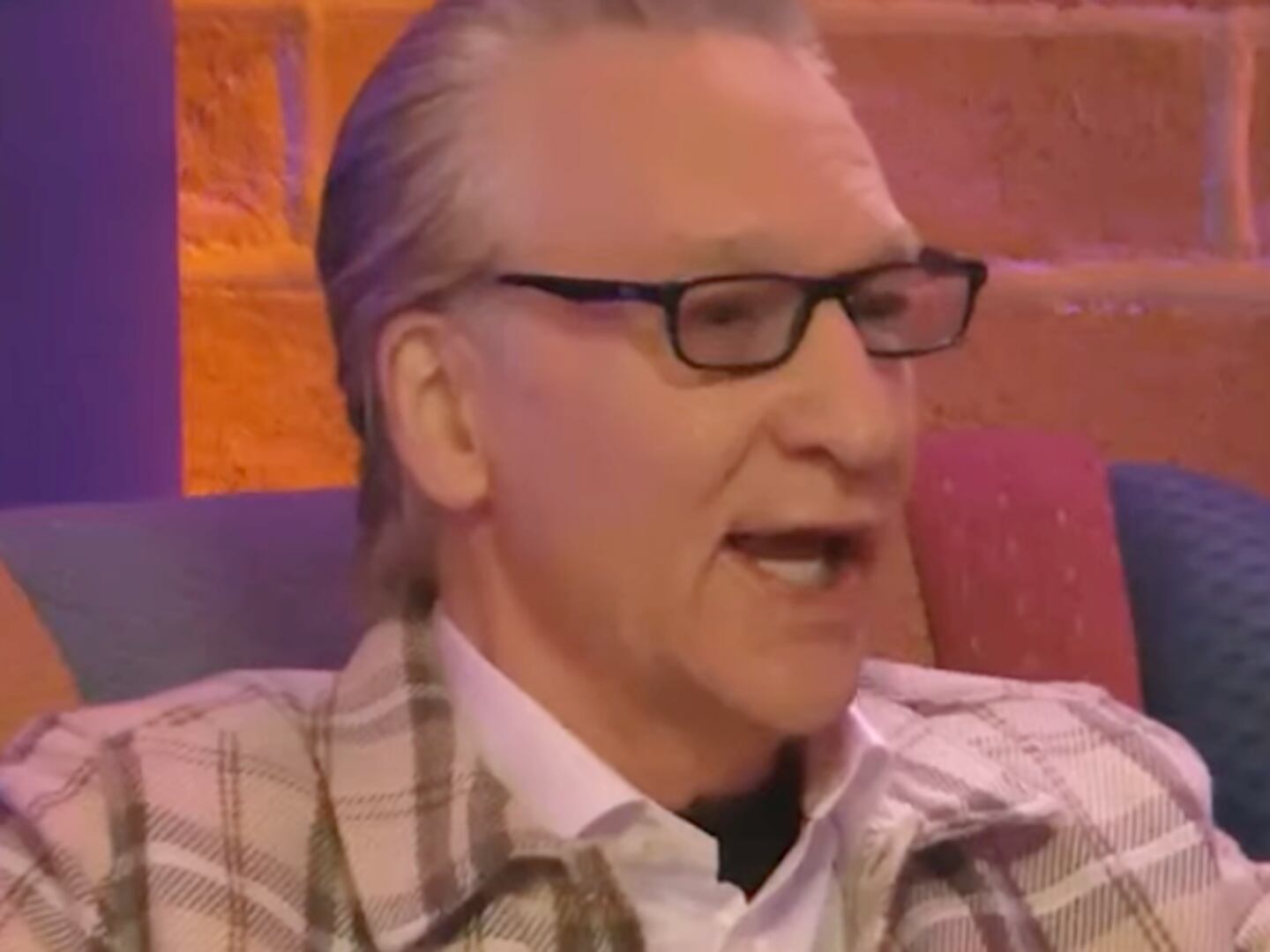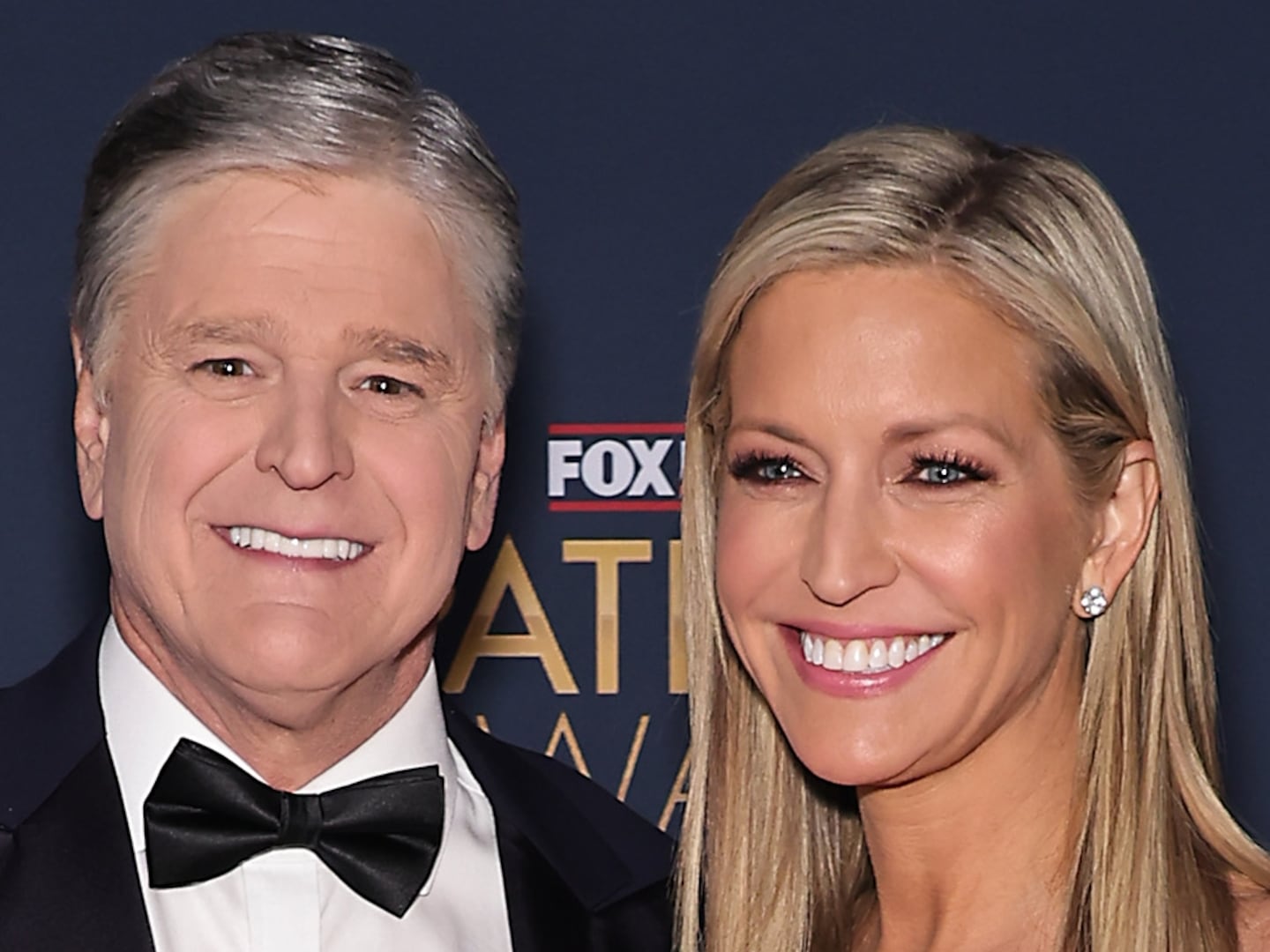Half Full
Photo Illustration by The Daily Beast
Honest Abe Wasn’t Honest About Drinking: Lincoln’s Alcohol-Fueled Diplomacy
Half Full
Temperance was a tricky tightrope for Abraham Lincoln to walk since he was virtually born into the liquor industry.

Trending Now




